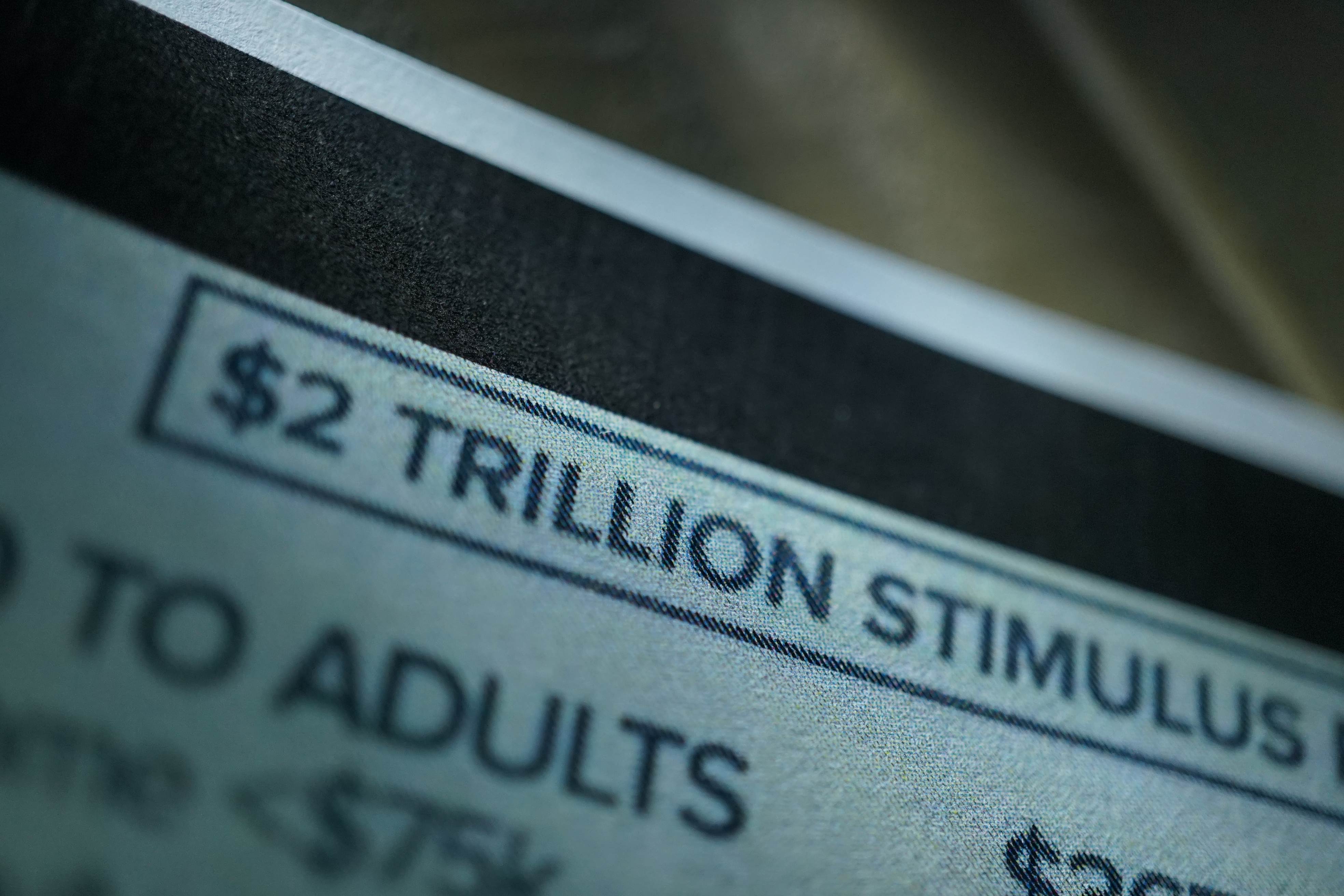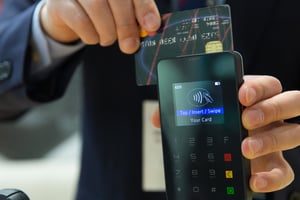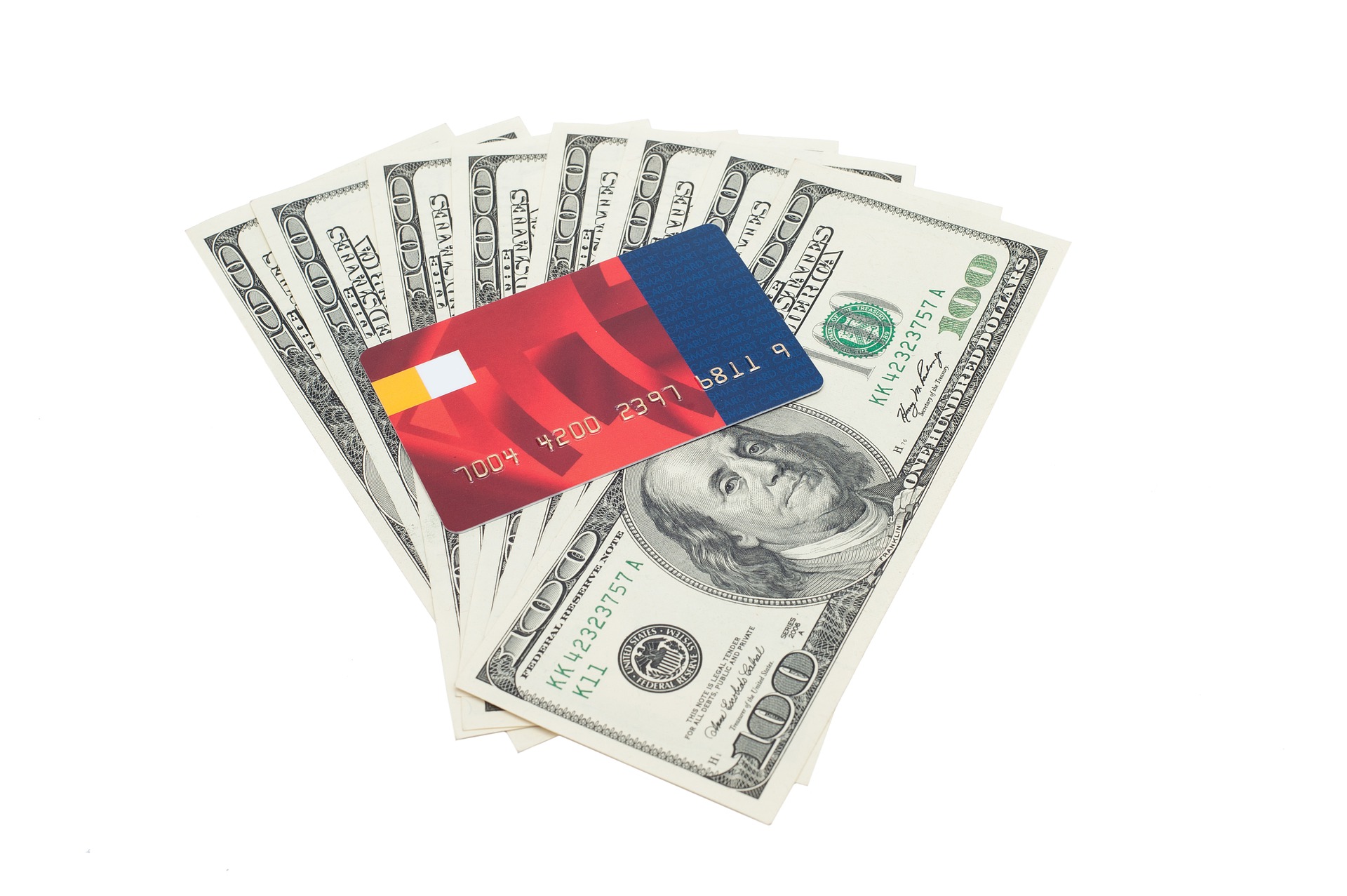Should I Get My Tax Refund On A Debit Card?
As the tax deadline approaches, a lot of people will be getting a refund back from the IRS. If you’re one of these people, then you know you can get...
2 min read
 Chris Gottschalk
:
Sep 17, 2020 5:45:00 AM
Chris Gottschalk
:
Sep 17, 2020 5:45:00 AM

When the Federal government passed the CARES Act in March 2020, the one aspect that arguably affected the most people directly was the economic impact payments, or stimulus check, sent to Americans.
While the ideal way to receive this payment would be to have it direct deposited into your bank account, there are other ways to receive the payment. Some people have gotten a check.
Other people, around 4 million, have gotten their payment on a prepaid debit card.
If you have gotten your economic impact payment on one of these cards, you’ll need to know a few things about how your card will arrive and how to start using it. You may also want to be aware about some disadvantages of a prepaid debit card that you might not have known.
 If you’re getting your economic impact payment on a prepaid debit card, it will be arriving in a plain envelope from a group called “Money Network Cardholder Services.” If you are expecting to get a prepaid debit card, make sure to look through your mail thoroughly. Some of these cards have been mistaken for junk mail and thrown away!
If you’re getting your economic impact payment on a prepaid debit card, it will be arriving in a plain envelope from a group called “Money Network Cardholder Services.” If you are expecting to get a prepaid debit card, make sure to look through your mail thoroughly. Some of these cards have been mistaken for junk mail and thrown away!
The debit card will also come with a letter telling you to call a certain phone number and register the card with a PIN. When you call the number, you’ll need to give part of your Social Security number to verify your identity.
When you call, make sure to only use the phone number on the letter that comes with the card. Scammers will almost certainly have fake customer service phone numbers set up to trick people into revealing their personal information. For that matter, don’t share your PIN, your debit card number or your social security number with any stranger who calls or texts you—they’re probably scammers.
Once you have your debit card activated, you should know a couple of things before you use it.
First, prepaid debit cards can be advantageous if you want to keep that money separate from your main finances. If you earmarked the stimulus money for a vacation, for instance, or if you are going to use it as a down payment for a car, keeping that money separate from your other accounts cuts down on the temptation to use it.
Second, prepaid debit cards are notorious for charging you fees to use them. Here’s a partial list of the potential fees:
 Balance inquiry fee
Balance inquiry feeIf you’re not sure just what fees the debit card company is charging, you might get an unpleasant surprise when trying to make a purchase.
If you’re getting your stimulus payment on a prepaid debit card, make sure you keep an eye out for it in the mail. Once you receive it, only use the information on the letter accompanying the debit card to activate it and make sure you know what fees it has.
To get the most out of your stimulus payment, though, become a First Alliance Credit Union member today. You only need $5 to open up an account, and once you do you’ll be able to deposit your tax return money into a savings account, club account, money market account or even a Certificate of Deposit (CD). Plus, you can get your First Alliance debit card the day you open your account, and you won’t have to worry about paying a fee every time you use it.

As the tax deadline approaches, a lot of people will be getting a refund back from the IRS. If you’re one of these people, then you know you can get...

For almost everyone, the first thing that comes to mind when they hear “Rochester, Minnesota” is “Mayo Clinic.” That’s fair, but the second thing...

Market slowdowns and recessions can be scary. Ask anyone who lived through the financial crisis in 2008. The uncertainty and fear can almost be...